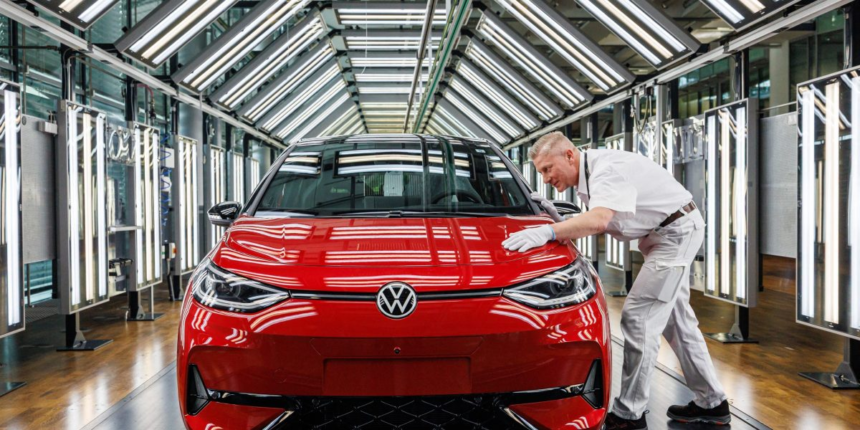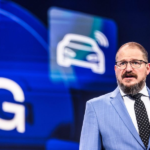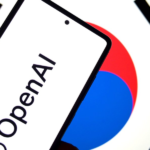Horsepower, for the uninitiated, is a unit of measurement that describes how much power an engine can produce and how quickly it can do so. Specifically, one horsepower is defined as the power needed to move 550 pounds one foot in one second. Volkswagen, in this case, is able to essentially flip a switch in these EV models to give its engines an extra boost. This upgrade is attached to the car, not the individual, so the feature would remain on the car, particularly if you buy a lifetime subscription for the upgrade, should it change ownership.
A Volkswagen spokesperson told Fortune the “power-on-demand function” for its ID.3 range has been available since May 2024 and part of the company’s development of its digital business models. The carmaker also offers subscription services for Adaptive Cruise Control, Navigation, Voice Assistant, and seat heating.
Despite online backlash, the spokesperson said, “So far the customer feedback has been positive. They have the opportunity to still enable additional functions that they may not have considered or needed when they first ordered their car.”
“As cars become more and more software driven—especially EVs—it makes sense that Volkswagen would build just one car, and let software determine its features and options,” Yoon told Fortune.
While these subscription features are an intuitive next step for automakers, the benefit is less clear to skeptical consumers, who see themselves as having to pay extra for a feature that is already embedded into the vehicle they just bought.
“The uphill battle for automakers is convincing customers that they aren’t ‘double paying’ for a feature set,” Yoon said. “That perception will likely linger as many customers still associate features and options with hardware rather than software, so shifting that mindset will be the most difficult task.”
“As long as automakers can adequately prove the value of feature subscriptions, they are likely to garner customers willing to sign up,” he added.









